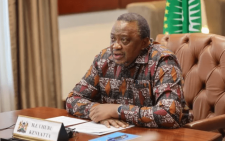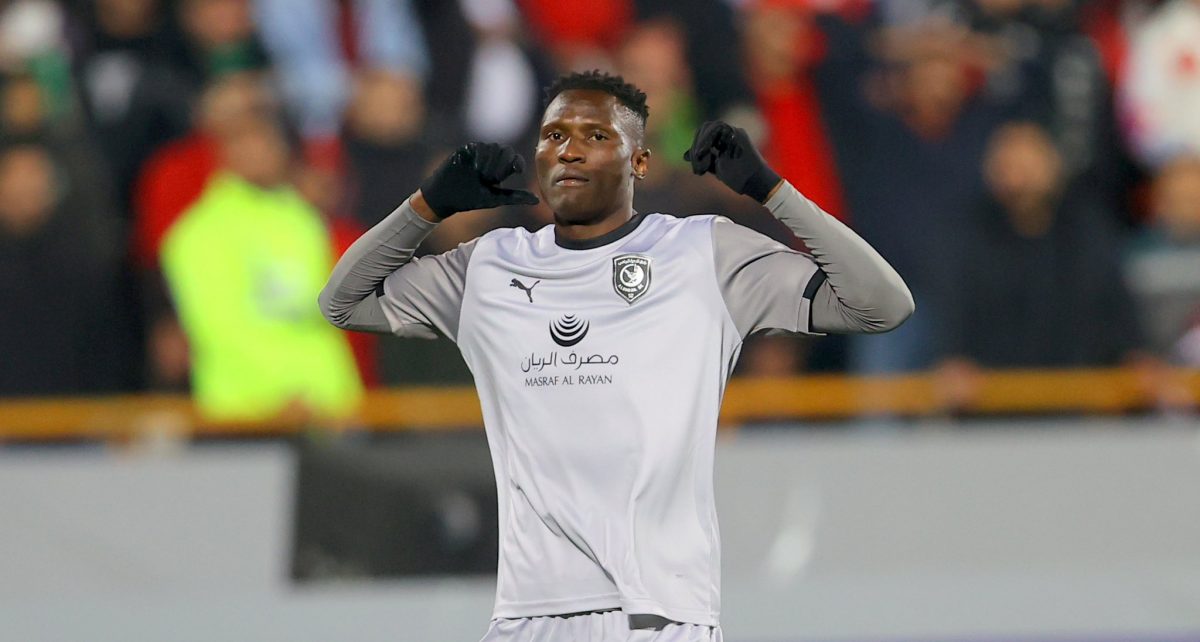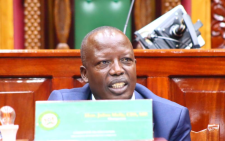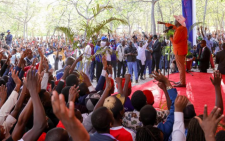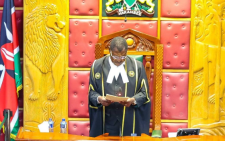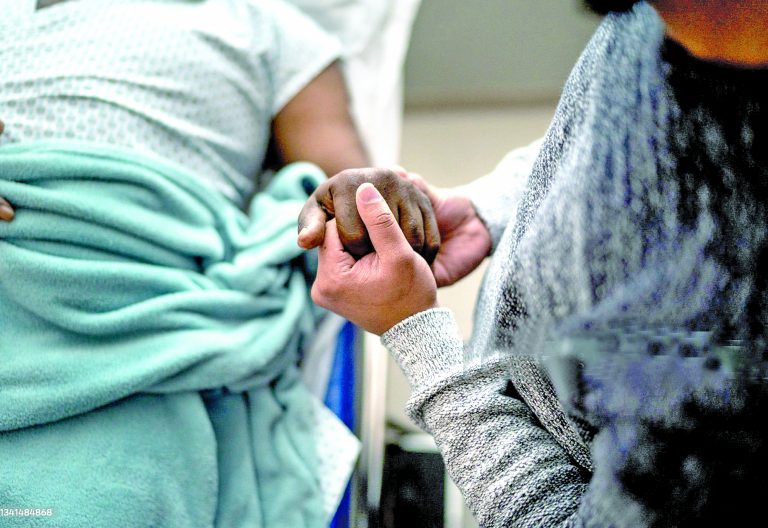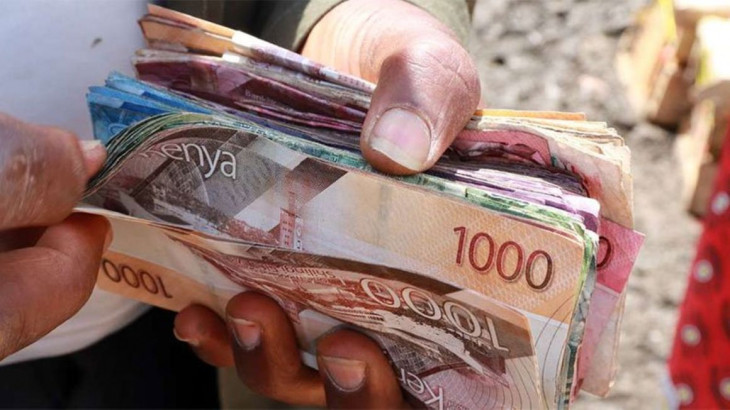At the frontline in ending violence against women
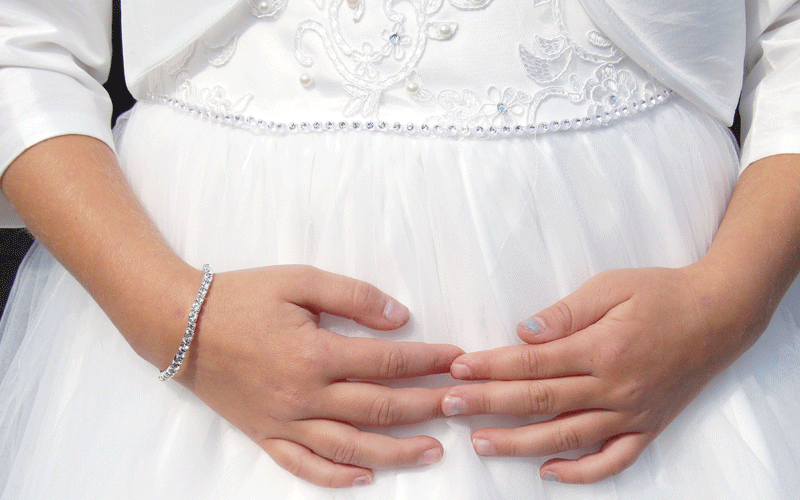
As custodians of culture, men are called upon to increase efforts to end violence on women and girls. Clement Cheserek is among those who have stood out in doing so.
When he graduated from St Paul’s Secondary School in 1994, Clement Cheserek, then in his prime, had all the ambitions any young man would harbour.
If he wasn’t going to further his education, it would be going to the city to look for a decent job. Things did not work out.
“I did not continue with my education because of lack of school fees,” he begins.
Cheserek, now 43, wanted to do something different— become a vocal champion for women and girl’s rights.
After doing pastoral training with Catholic Pastoral programme where he nourished souls with the Word, he knew he was meant for great things.
In Chesongoch, Elgeyo Marakwet county where he hails from, Female Genital Mutilation (FGM) and early marriages have resulted to a spike in the number of girls dropping out of school and discrimination of women in development issues.
“I come from a semi-pastoral community where it is the women who plant, weed, harvest the crops and still perform household chores.
Our men only clear the land for farming or erect the fence,” he narrates.
Cultural practices
Cheserek explains that fighting such retrogressive cultural practices such as sexual and gender based violence (SGBV) has been a big challenge.
“Growing up in the village, I saw all manner of violence that women went through.
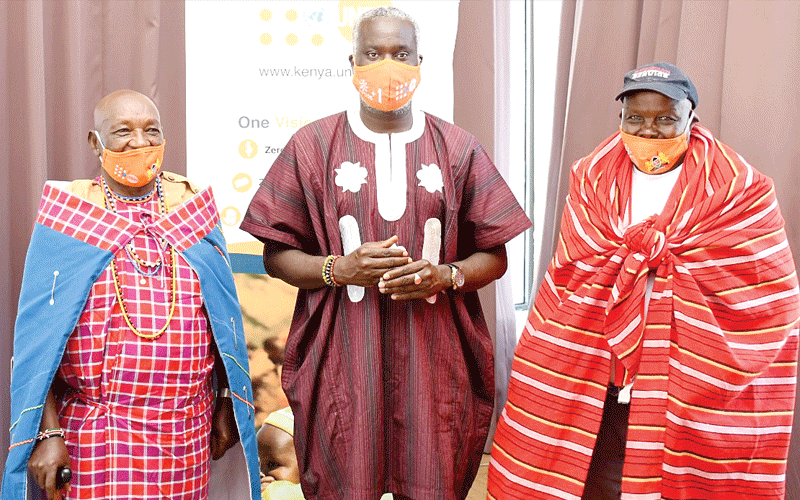
I wanted to be part of the change in the community,” explains Cheserek, a local national government administrator.
As the chief of Enu location in Chesongoch division, Cheserek coordinates government initiatives or projects, especially on development and peace building exposing him to the plight of the locals.
Today, Cheserek, a male champion against SGBV is too familiar with making men be at the forefront in the fight against the practices. He started the work back in 2015.
Men play a key role in ending violence against women and girls. They have the means to challenge social norms by standing in solidarity with the women, and advocating for change in their communities.
However, very few men are involved. “You can only make progress by empowering men too,” says Cheserek.
He notes that SGBV has been a detracting factor for the girl child to transform the communities their live in and be competitive.
During pre-independence, Kenyan women played important roles in the community, raising children and maintaining the family while working on farms.
However, patriarchal influence became stronger with colonisation, stripping women of the many opportunities.
In Chesongoch hamlet, for example, it is the men who used to attend village meetings (or Kok) to make decisions.
“Community’s perception that women are weak and have no rights continues to be a huge challenge up to date,” he says.
But through advocacy and sensitisation work, women in civil service are now changing the perception. Women are now attending meetings with men.
The 2019 Chesongoch Peace Declaration, he says, has brought calm to the volatile region. As a local administrator, we have enabled community members to abide by the peace accord, he adds.
Covid-19 effects
The Covid-19 pandemic has rendered women and girls more vulnerable to FGM, GBV and other harmful practices.
Across Kenya, the pandemic has exacerbated gender-based violence in a country where 45 per cent of women and girls already face violence.
A study by the Kenya National Bureau of Statistics showed that 23.6 per cent of Kenyans have witnessed or heard cases of domestic violence in their communities since the introduction of pandemic containment measures.
Cheserek explains that Covid-19 has disrupted his fight against the scourge that constitutes GBV.
“But the fight against GBV must continue and be strengthened more than ever during this period,” he assures, adding that many could be engaging in ‘silent practices’ at this time.
Commitment
Last year, during the Nairobi Summit on International Conference on Population and Development (ICPD 25), the government of Kenya made 17 national commitments including three on gender equality and women’s empowerment: end FGM by 2022, eliminate all forms of GBV, and end gender and other forms of discrimination by 2030.
In August 2020, the government announced plans to engage National Administration Officers in the war against gender-based violence to complement the existing legislations.
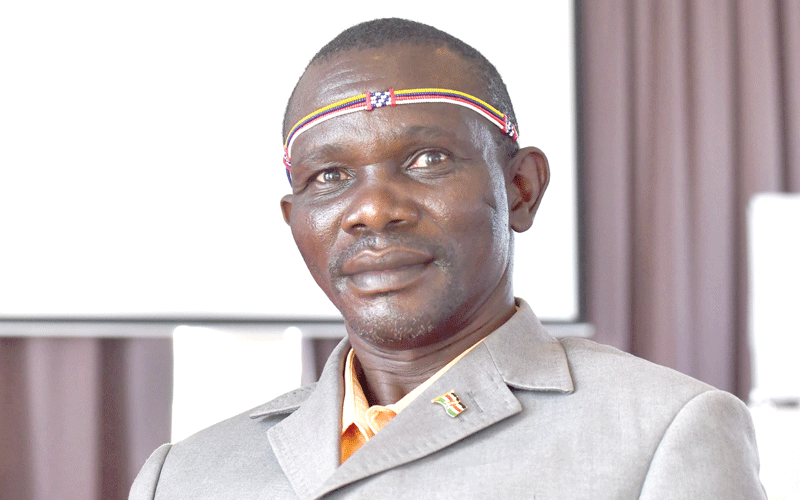
It came amid an upsurge in interpersonal crime, particularly SGBV against women and girls.
Dr Ademola Olajide, the United Nations Population Fund (UNFPA) Representative for Kenya says that male involvement in gender-based violence is key in attaining the targets.
“Our societies being mainly patriarchal in nature, it is, therefore paramount that we journey with the men in eradicating FGM in the community to eradicate harmful practices that continue to hold back millions of women and girls from enjoying integral human development,” said Ademola during the celebrations of International Men’s Day in Nairobi.
He said elders, community and religious leaders are at the forefront in supporting the President’s call to end FGM by 2022.
“Men are gatekeepers and decision makers of the society. Their responsibility in maters cultural must be deployed in ending the practices of FGM.
African societies provides you immense authority, and with authority comes responsibility to ensure a Kenya that is free from harmful practices such as FGM.
The march continues and we will continue to push until every girl and woman is free,” said Ademola.
Faith Nashipae, Executive Director, Thriving Families Kenya, a psychosocial outfit offering mental health awareness for men and boys says ending violence against women calls for greater inclusion of men.
“We cannot end FGM until our brothers and fathers decide it is the end because they are the custodian of our culture,” says Nashipae.
Cheserek trains and engage in community dialogues with the youth and elders aged between 25-40 years mostly opinion leaders. The trainers then reach the remote parts of the village.
He conducts the community dialogues in Aror, Tot, Embobut and Chesongoch villages of Marakwet.
Since 2015, the male champion has helped rescued over 20 girls from a mass cut at his village.
He has also been able to train over 40 groups on GBV and child protection and response among others.
The men include motorcycle taxi operators, village elders, youth leaders and village opinion leaders, he said.
During the awareness activities, Mr Cheserek says they talk about the negative impacts of sexual violence on women and girls, and how it affects men and boys.
“We let men discuss social, cultural and legal structures that either promote or prohibit rape and defilement.
They are then able to acknowledge the role they play, what they can do to be part of the solution and commit to speak against the crime,” he notes.
The ‘converted’ elders or youth have established a network of proactive agents of change monitoring incidents of SGBV, sensitising others and assisting in rescuing victims.
Judith Pareno, who sits at the Anti-FGM Board, notes that a lot of progress has been made since President Kenyatta’s commitment on ending violence against women and girls. Such issues are now taking space at the county level, adds Pareno
“We have seen a huge leap on how county officials now treat SGBV. They are now following laid down laws,” says Pareno, noting that winning the war on violence against women will need to rope in cultural and religious leaders.
“Legal instruments alone cannot end FGM since traditions are rooted in the villages where these leaders operate. Each and every one of us has a role to play,” she explains.
However,Cheserek, just like other SGBV champions, has a plethora of challenges to wade through.
Community beliefs are a common obstacle. In his village, people believe that those who advocate for anti-FGM practices were cursed by elders and died because of it.
“In the villages, there is fear that when you talk on issues of anti-FGM, you might end up dying like those who did it before and died,” he notes.
There is also the unilateral belief that it is only teachers who are opinion leaders in the community.
This makes it a major barrier for them in the community. But these has not dampened his spirits.
“I feel as if this work has become part of my respsonbiity to protect girls and women,” he says, adding that creating an ‘ideal community’ free from violence against women and girls is what motivates him.
Each and every man in the community needs to appreciate the burden that our women shoulder from the household to leadership level, he adds.
“Unless we recognise the role of women and champion their rights, it will take us longer period to tame violence against women,” he insists.
Way forward
Political leadership is also key in ending violence against women because of the place their hold in the community.
For now, quitting is impossible for Cheserek who receives constant calls from families who are suffering from SGBV.
“Sadly, when I talk or listen to stories of women or girls living through abuse. I try very hard to stop my tears. I have to listen though and provide solution,” he says.
